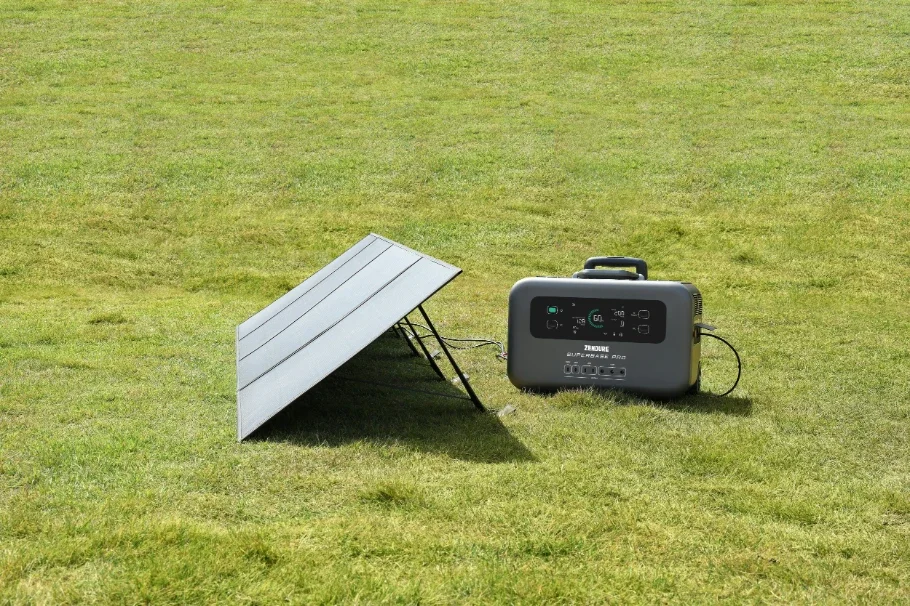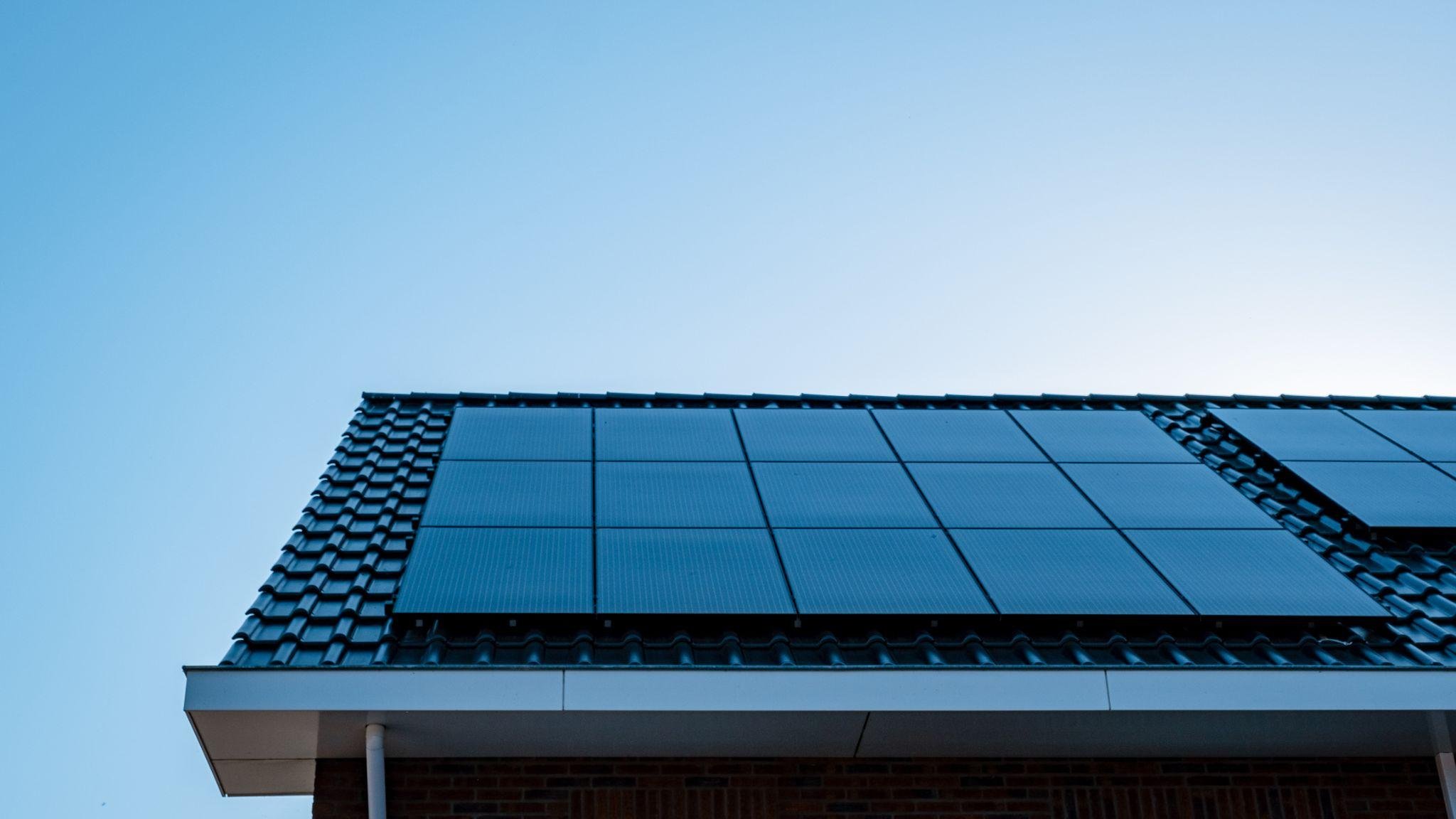Your Guide to Selecting the Perfect Solar Installer for Your Home
Find the right solar installer with this essential guide—covering credentials, reviews, warranties, and tips to power your home efficiently and affordably.
Embarking on the journey to solar energy is an exciting step towards sustainability and cost savings. However, finding the right solar installer can feel overwhelming with so many options available. It's not just about picking a company; it's about choosing a partner who will guide you through the process and ensure your solar system meets your needs. In this article, we'll explore essential factors to consider when selecting a solar installer, from evaluating customer reviews to understanding equipment quality. Whether you're new to solar energy or looking to upgrade your current system, these insights will help you make an informed decision that aligns with your goals and budget.
Finding the Right Solar Installer
Experts at Sun Valley Solar Solutions emphasize that choosing a reliable solar installer ensures a smooth transition to solar energy. Opting for local companies can offer numerous advantages. Local installers often have a deep understanding of regional needs, which means they are more attuned to your area's specific requirements. This knowledge allows them to provide personalized service that larger, national companies might be unable to match. Moreover, local companies are typically more responsive, offering quick response times for any service or repair needs that may arise.
When you choose a local solar installer, you're not just getting a service provider; you're gaining a partner in your journey toward renewable energy. Local companies often rely on word-of-mouth referrals and strive to maintain their reputation within the community. This commitment translates into better customer service and attention to detail. Here are some benefits of choosing a local installer:
Personalized Service: Tailored solutions that meet your specific energy needs.
Quick Response Times: Faster service and repair turnaround.
Community Reputation: A vested interest in maintaining high standards.
By selecting a local solar installer, you ensure that your investment is supported by professionals who understand your region's unique challenges and opportunities. This choice not only enhances the efficiency of your solar system but also contributes to the growth of local businesses.
Evaluating Customer Reviews and References
When searching for a solar installer, diving into customer reviews can be incredibly enlightening. These reviews offer a glimpse into the experiences of past clients, helping you gauge the reliability and quality of service provided by different companies. Exploring platforms like Google and Yelp and specialized solar review sites like SolarReviews is wise. These platforms host thousands of consumer reviews, giving you a comprehensive view of what to expect. Moreover, these reviews are often verified to ensure authenticity, so you can trust that you get genuine feedback.
Beyond online reviews, consider contacting previous clients directly for firsthand experiences. This step can provide deeper insights that aren't always captured in written reviews. When contacting former customers, ask about their overall satisfaction with the installation process, the performance of the solar panels over time, and any issues they might have encountered. Here are some questions you might consider:
How was the communication with the installer?
Did they meet the promised timelines?
Were there any unexpected costs?
This approach helps you make an informed decision and builds confidence in your choice of installer. You'll be well-equipped to select a solar company that meets your needs and expectations by leveraging online reviews and personal references.
Understanding Equipment Quality
Regarding solar installations, the quality of your chosen equipment is crucial for ensuring long-term performance and efficiency. Investing in high-quality solar panels and inverters can make a significant difference in the durability and effectiveness of your solar energy system. Look for panels with at least a 25-year performance warranty and a 10-year product warranty. These warranties provide peace of mind and indicate the manufacturer's confidence in their product's longevity. Reputable brands such as Qcells, Canadian Solar, and Maxeon/SunPower are known for their reliability and have consistently ranked high in industry evaluations.
In addition to solar panels, the inverter plays a vital role as it converts the energy generated by the panels into usable electricity for your home. It's often considered the "brain" of the solar system, so choosing a reliable brand is essential. Brands like Enphase and SolarEdge are popular due to their proven track record of delivering quality products. When selecting an inverter, ensure it has a minimum 10-year warranty to safeguard your investment. By focusing on high-quality equipment from reputable manufacturers, you can maximize the efficiency and lifespan of your solar installation, ultimately leading to greater savings and satisfaction.
Considering Installation Crews
When selecting a solar installer, one crucial aspect is whether the company employs its installation crews or relies on subcontractors. Companies that have their teams often provide a more consistent and reliable service. This is because they maintain direct control over the training and performance of their employees, ensuring that each installation meets high standards. In contrast, subcontractors may vary in skill and experience, leading to inconsistent results. By choosing a company with an in-house crew, you can expect better accountability and a higher quality of work.
Moreover, companies with dedicated installation teams are typically more invested in the success of your solar project. They are likely to offer personalized service and be more responsive to any issues arising during or after installation. Here are some benefits of opting for a company with its crew:
Consistency: A uniform team ensures that every project meets the company's quality standards.
Accountability: Direct oversight means the company itself can quickly address any problems.
Expertise: In-house crews are often better trained and more experienced in handling specific equipment and local regulations.
By prioritizing companies and their installation crews, you'll invest in a smoother installation process and secure peace of mind, knowing that your solar system is built to last.
Exploring Financing Options
Understanding the various financing options available for solar installations can significantly impact your decision. Solar installations are a substantial investment, and finding the right financial solution is crucial for maximizing your savings. Several financing methods exist to explore, including solar loans, leases, and power purchase agreements (PPAs). Each option has unique benefits and considerations, so it's essential to evaluate which aligns best with your financial situation.
Solar Loans allow you to own the solar system outright while paying off the cost over time. They often come with competitive interest rates and can be an excellent choice if you want to take advantage of tax credits.
Leases: With a lease, you pay a fixed monthly amount to use the solar system without owning it. This can be beneficial if you're looking for lower upfront costs.
Power Purchase Agreements (PPAs): PPAs involve paying for the electricity generated by the solar panels at a set rate, typically lower than your utility's rate. This option is ideal if you want predictable energy costs without owning the system.
It's advisable to compare rates and terms from different providers to ensure you're getting the best deal. Look into factors like interest rates, contract length, and any additional fees that might apply. By doing so, you'll be better equipped to choose a financing option that meets your immediate needs and supports long-term savings on your energy bills.
Avoiding Common Pitfalls
When diving into the world of solar energy, it's crucial to be aware of common pitfalls that can arise during the selection process of a solar installer. One significant issue to watch out for is overly aggressive sales tactics. Some companies might pressure you into making hasty decisions, promising unrealistic savings or benefits. It's essential to take your time and thoroughly evaluate each offer. If an installer claims you'll never pay another utility bill again, consider this a red flag. While solar panels can significantly reduce electricity costs, they rarely eliminate them.
Another area to scrutinize is pricing. Offers that seem too good to be true often are. Be cautious of installers who provide quotes significantly lower than the market average, as they might be cutting corners on equipment quality or installation standards. Here are some tips to help you recognize potential red flags:
Unrealistic promises: Be wary of guarantees that sound too perfect, such as zero maintenance costs or immediate returns on investment.
Lack of transparency: A reputable installer will provide clear and detailed information about costs, warranties, and expected performance.
Pressure to sign quickly: If you're being rushed into signing a contract without ample time to review it, take a step back and reconsider.
By staying informed and vigilant, you can avoid these common pitfalls and ensure a smooth transition to solar energy for your home.
Summary
Finding the right solar installer is essential in transitioning to solar energy. Opting for local companies can be particularly beneficial as they often better understand regional needs and can provide more personalized service. Local installers are more responsive, ensuring quicker service and repair times. By choosing a local company, you're not just hiring a service provider; you're partnering with someone with a vested interest in maintaining their reputation within the community, which often translates into superior customer service.
Delving into customer reviews and references is important when evaluating potential solar installers. Online platforms like Google and Yelp offer insights into past clients' experiences, helping you assess the reliability and quality of different companies. Additionally, reaching out directly to previous customers can provide deeper insights that aren't always captured in written reviews. Understanding equipment quality is also crucial; investing in high-quality panels and inverters ensures long-term performance and efficiency. Finally, consider whether the company employs its installation crews or relies on subcontractors, as this can impact the consistency and reliability of the service provided.


















